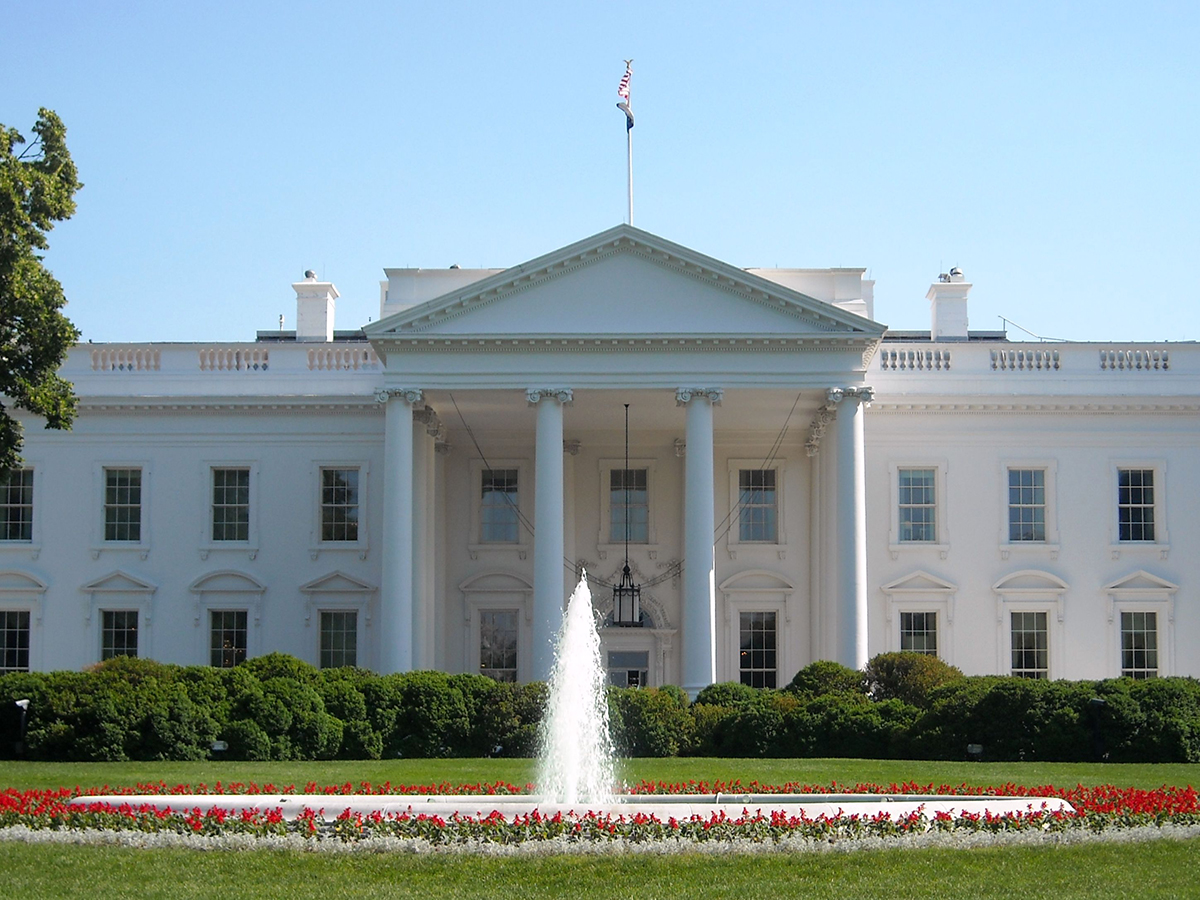
Now that the 2020 presidential election has come to an end, it is time to rethink the system that chooses the president of the United States. Over the last two decades, two out of five presidents have won the election despite losing the popular vote. This is owed to the Electoral College—a system that delegates a certain number of votes per state based on congressional representation. Concerned about placing the presidency in the hands of an uninformed public, the framers of the Constitution adopted the Electoral College as a last-minute compromise between a popular vote and a vote by Congress. However, with the media and campaigning creating a more informed electorate, the intent of the framers simply does not translate to modern-day politics. Saying that the current electoral system is unnecessary is an understatement. The Electoral College is outdated, divisive and undemocratic, and we need to abolish it.
The irony of the Electoral College is that it was built for inclusivity but seldom reflects this purpose. The winner-takes-all approach silences the votes of individuals who voted for the candidate opposite of their states’ majority. It makes no difference if Joe Biden won California by 5 million votes, 5,000 votes or 50 votes; in any scenario, he grabs all 55 electoral votes. As for Californians who voted for President Trump, they made no contribution to his number of electoral votes.
In addition to the winner-takes-all basis, the way the number of votes is divided among states is mathematically illogical. If each of the 538 electoral votes were distributed by population, one vote would represent about 607,000 people. However, many states such as Wyoming, Vermont and Rhode Island are overrepresented in terms of the ratio of electoral votes to the state population. A single California vote represents nearly three times as many people as one Rhode Island vote. The inflation of electoral votes for smaller states sits in stark contrast to the notion of “one person, one vote,” which is upheld by the Equal Protection Clause of the 14th Amendment. Even though every vote counts, not every vote is counted equally.
Under the Electoral College, power does not lie in the people, but rather, power lies in swing states, who ultimately decide the outcome of an election. What was meant to be an institution that granted equal attention to all states has eroded down to a mere competition for battleground swing states that leaves the rest of America on the sidelines. The winner-takes-all basis, coupled with state overrepresentation, only amplifies the political control of swing states. As a result, individuals’ voting powers are disproportionate and vary in impact, which should not be the case. Every vote should hold equal influence, regardless of the state where it originates.
In an already divided nation, the Electoral College creates a false image of a country separated into blocks of red and blue when we are in fact purple from east to west. It is high time the process of choosing our president represents this diversity in American politics instead of deepening the political divide. The winner of the election should be the candidate who wins the popular vote. This is how every other election in the country is run, whether it is mayoral, gubernatorial or congressional. Of course, the presidential election should be no exception.
Abolishing the Electoral College and adopting the popular vote will prove to be a difficult task. It has been attempted over 700 times with little progress, since amending the Constitution requires a two-thirds majority vote in the House and Senate. Given that the Electoral College has always benefitted one party over the other, it is uncertain if Congress will reach an agreement — especially in today’s polarizing political climate. Nevertheless, one thing remains clear: the candidate with the most votes should win. It’s just basic fairness.







